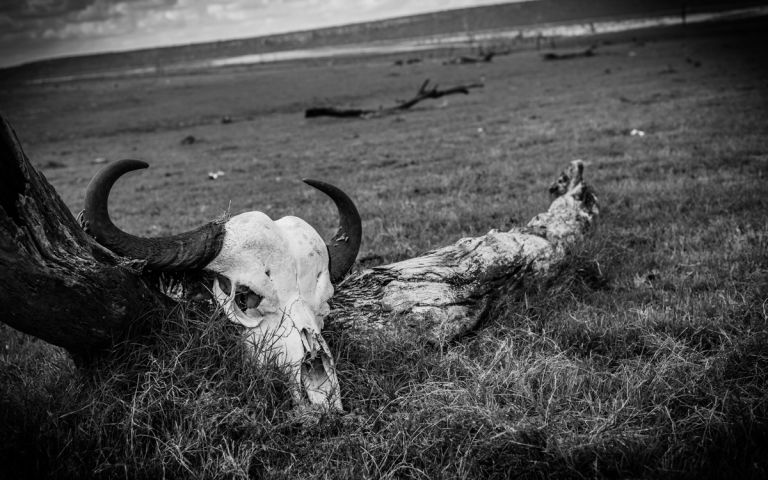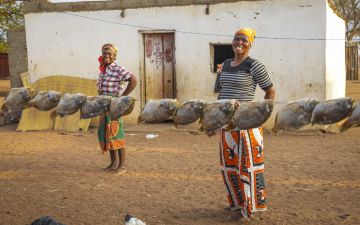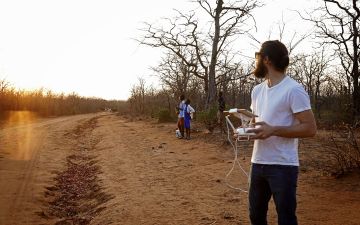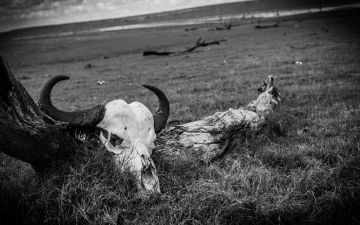This collaborative multimedia project uses on-the-ground reportage, bolstered by satellite, drone imagery and data analysis, to investigate whether an initiative to create an anti-poaching buffer zone to protect elephants and rhinos from machine gun-wielding gangs along Mozambique’s 360 km border with the world-famous Kruger National Park in South Africa is degenerating into a ruthless land grab by crooked politicians and business elites.
Dispossessed communities claim their land is being unfairly usurped by South African conservation companies, not to combat poachers, but rather to create eco-cocoons for the mega-rich. Villagers claim the South Africans are being helped by a former Mozambican president and local politicians, through a combination of bribes and failed promises, deliberately stoking land conflicts and even collusion with the poaching mafia.
The team includes international award-winning reporters in Mozambique and South Africa, drone pilots, 360° photographers, data analysts and software engineers, and digital storytelling experts.







